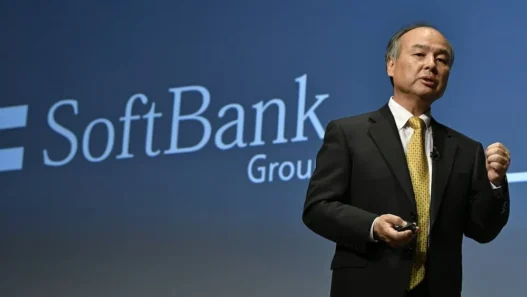PDD Holdings Inc., the parent company of e-commerce giant Temu and Pinduoduo, has reported results that fared better than many investors had feared, thanks to renewed consumer demand in China following the government’s latest round of economic stimulus measures. The results mark an important moment for the company and China’s broader digital economy, as policymakers seek to revive growth and reassure markets after months of sluggish consumer spending.
China’s Economic Backdrop: A Fragile Recovery
For much of 2024, China’s economic recovery has been weighed down by weak consumer sentiment, a struggling property sector, and soft export demand. Household confidence remained fragile, while tech and e-commerce firms were facing shrinking margins amid fierce competition and regulatory scrutiny.
To counteract these challenges, Beijing recently introduced a series of stimulus measures, including tax breaks for small businesses, subsidies for consumer purchases, and efforts to ease credit conditions. The government’s actions appear to have had a stabilizing effect on consumer activity, giving e-commerce platforms like PDD an opportunity to regain momentum.
PDD’s Stronger-Than-Expected Performance
Despite the headwinds, PDD reported revenue growth and user engagement figures that exceeded expectations. Analysts had braced for disappointing numbers, citing weakening discretionary spending and mounting competition from rivals such as Alibaba and JD.com. Instead, PDD’s core businesses showed resilience.
- Pinduoduo (China-facing platform): Continued to attract price-sensitive shoppers with deep discounts and interactive shopping experiences. The platform’s emphasis on value-for-money resonated in an economy where consumers remain cautious.
- Temu (international expansion): The overseas shopping app has rapidly gained traction in the U.S. and Europe, benefiting from low-cost product sourcing and aggressive marketing campaigns. While still unprofitable, Temu’s growth trajectory helped reassure investors about PDD’s global ambitions.
The company’s strategy of pairing affordability with rapid expansion positioned it to benefit directly from the government’s measures aimed at stimulating household consumption.
Market Response
Investors welcomed the news, with PDD’s shares climbing in early trading. Analysts noted that while profitability pressures remain, the company’s ability to deliver better-than-expected results in a turbulent macro environment underscores the strength of its dual-platform strategy.
“Stimulus-driven spending gave the market a temporary boost, but what stood out was PDD’s ability to convert that into tangible user growth,” one analyst observed. “It signals that even in a constrained economy, demand for value-focused platforms is holding up.”
The Competitive Landscape
The Chinese e-commerce sector remains one of the most competitive in the world. Alibaba, JD.com, and newer entrants such as ByteDance’s Douyin (TikTok’s Chinese sister app) continue to invest heavily to capture market share. PDD’s model—focused on ultra-low pricing and gamified shopping—has carved out a distinctive space, particularly among younger and cost-conscious consumers.
At the same time, PDD faces mounting scrutiny in overseas markets, where Temu has been accused by rivals and regulators of engaging in predatory pricing. Managing this expansion without sparking political backlash will be crucial for its long-term success.
Challenges Ahead
Despite the better-than-expected results, several risks remain:
- Profitability Pressure: Temu’s global expansion is costly, with logistics, advertising, and subsidies eating into margins.
- Regulatory Oversight: Both in China and abroad, regulators are keeping a closer eye on e-commerce practices, data handling, and competitive behavior.
- Sustainability of Stimulus: Analysts warn that China’s stimulus measures provide only temporary relief unless structural reforms address deeper issues in consumer confidence and property markets.
A Turning Point for PDD?
PDD’s latest results suggest that the company is well-positioned to ride out China’s uneven recovery while accelerating its global reach. If Beijing’s measures succeed in shoring up household consumption, PDD could continue outperforming expectations and further challenge its more established rivals.
For now, the company’s resilience provides a rare bright spot in China’s tech sector, where uncertainty has been the defining theme for much of the past two years.






















